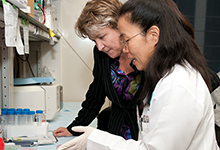
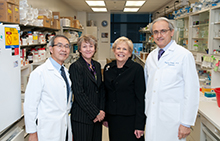
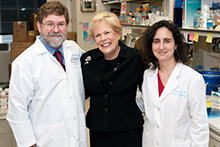
Our money is used to expedite treatments from the lab to the patients by developing new drugs or combinations of drugs, by starting or enlarging clinical trials, and by funding cutting edge technology. Among all three institutions, we have directly supported more than 30 laboratories and touched the lives of more than 500 brain tumor patients.
The Dr. Marnie Rose Foundation became the very first in the Greater Houston, Texas, area to hold a fundraising event that would benefit adult brain cancer research at MD Anderson, the largest brain cancer center in the U.S. if not the world.
Every contribution makes a difference. Every $1 that is donated generates an estimated $5-10 of federal funding and grant support. Thus, not only does philanthropic funding help address unmet needs, but given the type of creative research activity it supports, it also can help catalyze new ideas. It is too late for Marnie, but we can work together and make sure the next patient’s story has a happier ending.
Research We Fund
The Dr. Marnie Rose Foundation proudly supports the work of these brilliant and innovative physicians and researchers at The University of Texas MD Anderson Cancer Center.
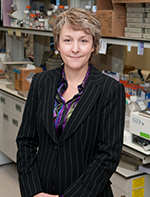
Amy B. Heimberger, MD
“Develop immune therapeutic strategies for the treatment of patients with malignant gliomas”
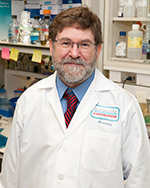
Juan Fueyo, MD
“Develop novel gene therapy strategies for the treatment of malignant gliomas”
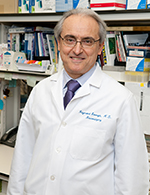
Raymond Sawaya, MD
“Dr. Sawaya is a noted leader in the field of neurosurgery with particular expertise in primary and metastatic brain tumors, third ventricle, brain stem and pineal region tumors. He is also renowned for his great strides in enhancing the accessibility and safety of brain tumor surgery”
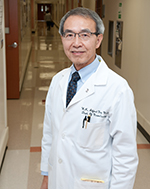
W.K. Alfred Yung, M.D.
Margaret and Ben Love Chair in Clinical Cancer Care
“During his tenure at MD Anderson, which began in 1981, Dr. Yung rose through the academic ranks and assumed increasing levels of responsibility and leadership. His research, which primarily focuses on developing new therapeutic approaches to block the regulatory mechanisms of brain cancer cells, has been continuously funded by NCI for the last 30 years.”
